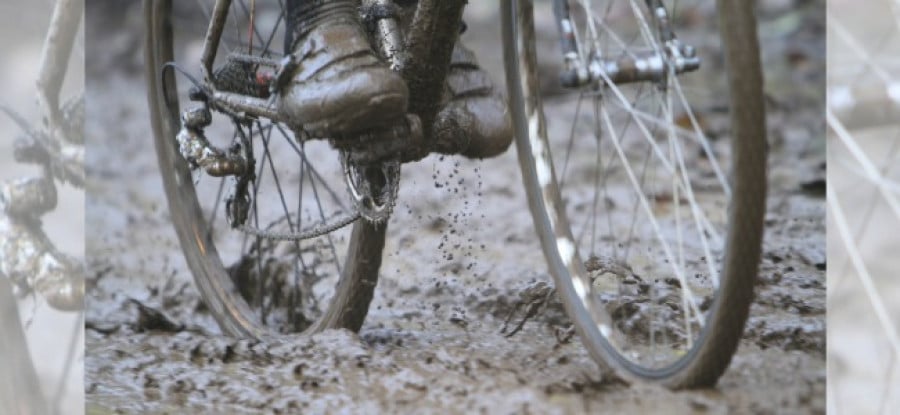Technological advances in sports equipment: Cheating or evolution? Part 1 -The issues

On 26th April 2016 UCI announced the decision in the case of Ms Van Den Driessche.1 The summary facts recorded were that the Rider had been found at the UCI Cyclo-Cross World Championships in January 2016 to have used a bike which had concealed within it an electric motor operated by a Bluetooth switch beneath the handlebar tape. The device was discovered by magnetic resonance testing. The Rider was found to have violated arts 1.3.010 and 12.1.013bis of UCI Regulations (committing a “technological fraud”2) and suspended for 6 years with a fine of CHF 20,000, costs and the disqualification of her results from 11th October 2015.
This example is an illustration of the dynamic interaction between sports and technology. While technology has facilitated perfectly legitimate advantages - from equipment to medical treatments to nutrition – which have improved standards across sports; it has simultaneously opened up new means of cheating.
This two-part article examines the relationship between sport and technological advances in sports equipment, asking: is it cheating, or acceptable evolution? And where does the line lie? Part 1 looks at the UCI’s regulations in the context of a clear-cut case of cheating (as above), before considering more general examples of the use and adoption new technologies in sport that improve performance but are not considered to do so improperly.
Part 2 (available here) will reflect on how sports governing bodies may best seek to regulate and govern technological advances in equipment to set the line between permitted technological improvements and cheating. What underlying principles should they abide by? How should they draft their regulations? Who should they hold responsible for breaches? How should they be sanctioned, and how should the detection process work?
The UCI and Technological Fraud
Cheating in competition against the spirit and requirements of a sport’s rules is not without its history in cycling, and UCI is no stranger to the adverse publicity that cycling has attracted from, for example, blood doping.
The Van Den Driessche case sheds further unwanted focus on cheating in cycling and demonstrates the opening of a new front in the battle against corruption in sport and UCI’s approach and reaction to cheating in cycling by non-doping means.
UCI can hardly have attended the event in question with detectors for concealed motors unless it had concern that they were being used and ‘Technological Fraud’ is not a new issue. Indeed, the use of motors to power or assist the power in cycling has been the subject of rumour and concern for many years. UCI has addressed Technological Fraud since at least 2005 (when Article 1.3.10 was amended) but controversies and comment have followed blue riband events such as the Paris Roubaix 2010, the Vuelta a Espana 2014 and the Giro D’Italia in 2015.
To continue reading or watching login or register here
Already a member? Sign in
Get access to all of the expert analysis and commentary at LawInSport including articles, webinars, conference videos and podcast transcripts. Find out more here.
- Tags: Baseball | Cricket | Cycling | Fencing | Football | Formula 1 | Governance | International Cycling Union (UCI) | International Paralympic Committee (IPC) | IPC Rules and Regulations | Motor Sports | Olympic | Para Sports | Paralympics | Regulation | Swimming | UCI Cyclo-cross World Championships | UCI Regulations
Related Articles
- Wearable tech in sport: the legal implications of data collection
- 10 articles that explain some of the legal considerations when using technology in sport
- UCI statement on technological fraud tests
- Technological advances in sports equipment: Cheating or evolution? Part 2 - Establishing a regulatory framework
Written by
Louis Weston
Barrister, Outer Temple Chambers
Louis is a Barrister practising from chambers at Outer Temple. He is expert in corruption and misfeasance in sport.

 Global Summit 2024
Global Summit 2024